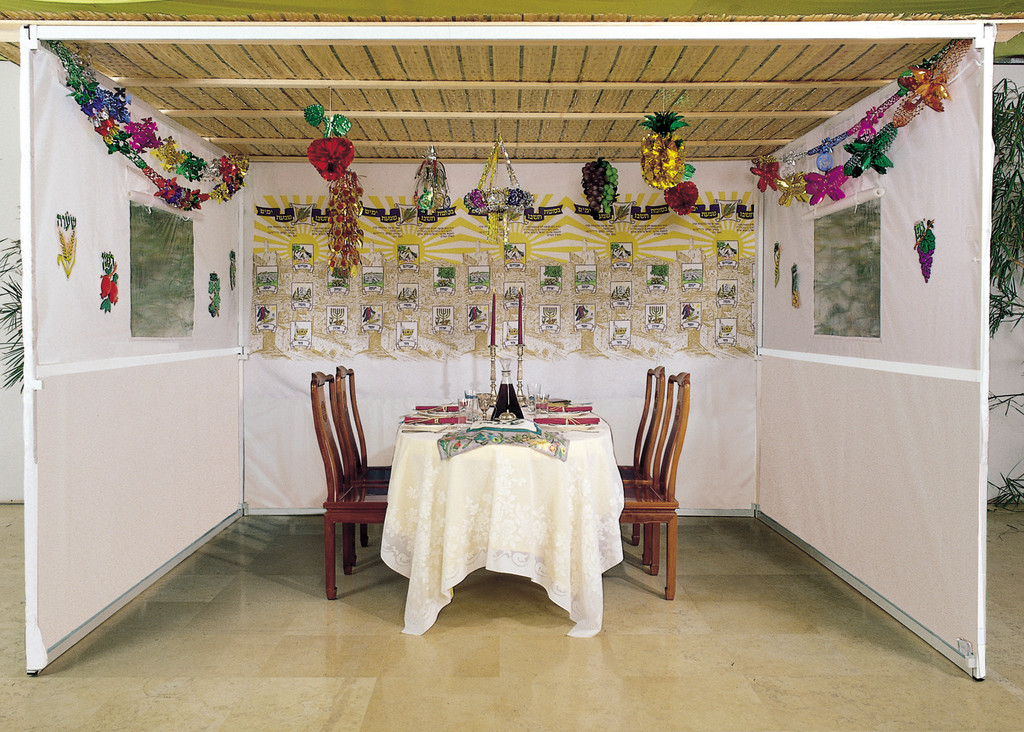Torah Columns
1868 results total, viewing 1681 - 1690
|
There are very few feelings in life that leave us more challenged, hurt, and insecure, than the feeling we get from being ignored. Part of this may stem from the fact that we need to feel we have what to contribute, to give back to society and the world. Indeed our ability to be in touch with what we have to give is the essence of connecting with our purpose in this world. So when someone completely ignores us, perhaps we wonder whether we really have as much to offer as we think we do.
more
By Rabbi Binny Freedman
|
11/9/11
|
|
Sometimes, you can’t change the world, and in order to make sure the world doesn’t change you, difficult and often painful decisions are necessary. I still remember joining the Israeli army, full of motivation and inspired to make a difference, only to discover that the reality of army life often had its own set of rules.
more
By Rabbi Binny Freedman
|
11/3/11
|
|
The first of the two significant covenants that were forged between Avraham and G-d was the Brit Bein Habtarim (Covenant Between the Pieces). In exchange for a promise that he’ll have children, that they’ll be enslaved for 400 years, but that they’ll ultimately inherit the land of Canaan, G-d asks of Avraham (still Avram at that time) to “Bring for Me a prime heifer, a prime goat, a prime ram, a dove and a young pigeon.”
more
By Rabbi Avi Billet
|
11/2/11
|
|
The Tower of Babel story teaches many lessons. Arguably the most blatant problem in the story is that the goal of the people involved was to “make for ourselves a name.” (Bereishit 11:4)
more
By Rabbi Avi Billet
|
10/26/11
|
|
Nearly all civilizations and cultures have been focused upon the importance of time. We Jews are no exception to this well-nigh universal rule. By way of example, one need only cite the famous words of King Solomon as presented in the third chapter of his masterful examination of the human spirit known as Kohelet (Ecclesiastes).
more
By Rabbi David Etengoff
|
10/18/11
|
|
I can still see his eyes and his twinkling smile as I walked him to the bus, with his rucksack over his back and a pair of ‘kafkafim’ (shower shoes) tied on and dangling from a piece of string.
more
By Rabbi Binny Freedman
|
10/18/11
|
|
In the context of a discussion about what materials could be used for building a sukkah, the Gemara Sukkah (11b) raises a debate between Rabbi Eliezer and Rabbi Akiva regarding of what material the original sukkah G-d described in Vayikra 23:43 was made.
The verse says “[You will sit in the sukkah because] I had the Israelites live in huts (sukkahs) when I brought them out of Egypt.”
more
By Rabbi Avi Billet
|
10/12/11
|
|
On the surface, the mitzvah of dwelling in the succah appears to be quite straightforward. The Rambam formulates the mitzvah in the following fashion:
What is the mitzvah of dwelling in the succah? One should eat and drink and dwell in the succah for the entire seven-day period both at night and during the day in exactly the same manner that he dwells in his house during the other days of the year. Throughout the entire seven-day period a person should treat his house as a temporary dwelling and his succah as his permanent dwelling.
more
By Rabbi David Etengoff
|
10/12/11
|
|
A number of years ago, I struck up a friendship over Pesach week with a Holocaust survivor, a former inmate of the Janowska work camp and Auschwitz. Towards the end of the week I summoned up the nerve to ask him if there was anything in particular that stood out in his mind as the reason he had survived. Without hesitation, he responded: “It was one mitzvah; the Sukkos I spent in Auschwitz.
more
By Rabbi Binny Freedman
|
10/12/11
|
|
If you would have collected a group of world-renowned military strategists on Oct. 6 1973, and asked them, at 4p.m. Israel time, for a prognosis on the status of the events unfolding on the Golan heights that afternoon, they would have probably told you Israel should be preparing the airport and shipping ports for a massive evacuation.
more
By Rabbi Binny Freedman
|
10/7/11
|

 66.0°,
Mostly Cloudy
66.0°,
Mostly Cloudy 



